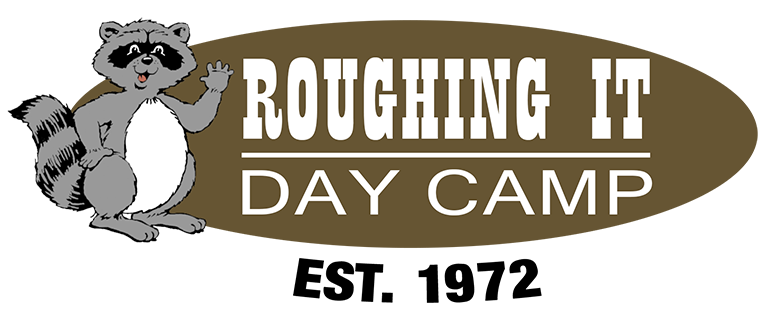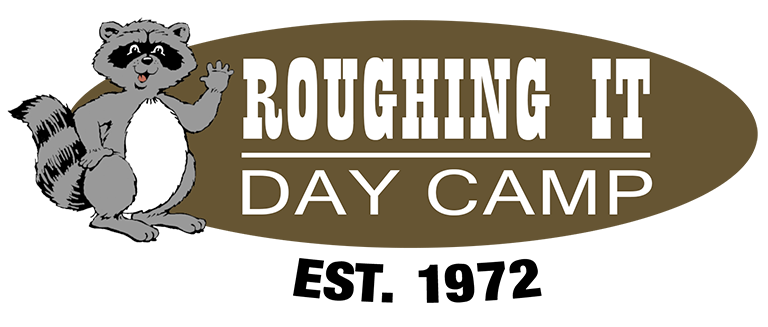Camp is so much more than just fun and games, and campers are not the only ones who learn a thing or two at camp. Working as a camp counselor not only gives hands on experience working with children, an essential skill for anyone interested in teaching, psychology, or any other child related skill, but it also teaches many skills necessary to excel in the business world. Many qualities that look good on a resume are learned and practiced every day as a camp counselor. The ACA gives 10 Reasons Why Businesses Should Hire Former Camp Counselors, and explains why working at camp teaches skills that look desirable for businesses.
Camp counselors learn responsibility on a daily basis by guiding campers through new experiences, and teaching children things that they don’t learn in the classroom. Parents trust counselors with the physical and emotional safety of their children during the summer. Counselors are role models who change the lives of their campers, and influence future generations. This kind of relationship bonds with their campers and form real connections that last a lifetime.

Camp counselors also learn lessons that help during their job search after camp. Counselors gain experience leading their peers and therefore get real management experience, which is a skill that most businesses find desirable in employees. This kind of training can help counselors find jobs once the summer is over. Just by going to work every day, counselors practice important skills that can help them in a variety of different jobs. Here are just a few of the countless skills that can be learned in a single summer:
Communication Skills: Counselors communicate with children, parents, co-workers, and their superiors on a daily basis. This allows counselors a chance to practice articulating their thoughts and making phone calls. Good communication skills are necessary in any job and this kind of practice will be relevant anywhere.
Teamwork: Counselors work with their campers as part of a team. Instead of leading them around, they can watch a situation and know when to let the campers lead themselves.
Connections and Relationships: Counselors build relationships with staff, campers and parents. This type of interaction helps counselors learn how to work with a variety of different people from different backgrounds.
Problem Solving: Counselors have to be able to think on their feet. Campers go straight to their counselors when the campers have a problem, and the counselors are expected to either solve the problem or help the camper solve the problem.
Creativity: Children need to be entertained at all times, and it’s up to the counselor to come up with a creative back-up plan if their original plan gets rained on.
Attention to Detail: Counselors have to think of problems before they happen, and be prepared for any situation or emergency that might come up. They constantly watch a group of individuals and look for changes in behavior, safety and group dynamics.
Leadership: Camp is a place for counselors to learn leadership and managerial skills. Being responsible for a group of campers is excellent experience that will look appealing to future employers.
Resilient: Campers are not the only ones who learn about resilience at camp. Counselors need to be ready to handle any problem that arises with ease.
Work Ethic: Working with children is intense yet rewarding, and counselors can do it with a smile on their face every single day for the entire summer.
Camp benefits everyone, both campers and counselors alike. This unique environment provides opportunities for both campers and counselors to learn skills that will last them the rest of their lives. Working as a camp counselor allows counselors a chance to practice a wide variety of skill sets that will help them later in life. Although the summer can’t last forever, working as a camp counselor can help find jobs and careers long after the summer is over.




